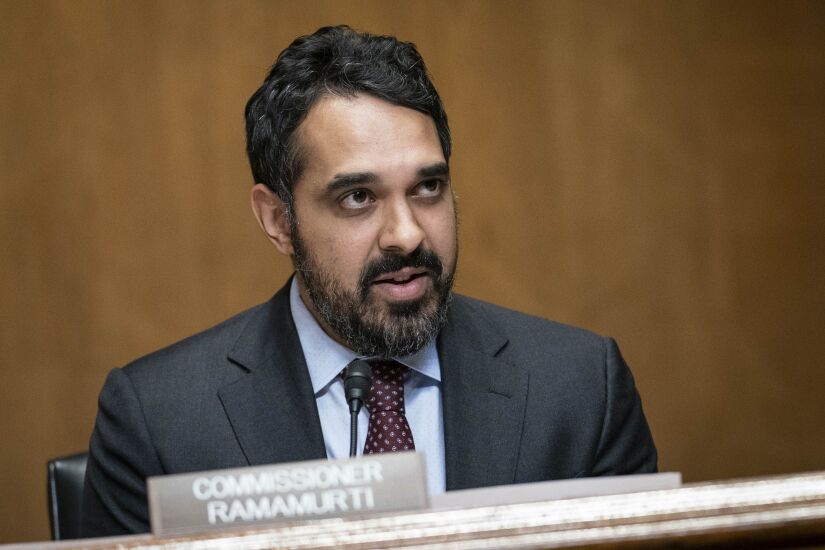WASHINGTON— Following President Joe Biden’s June 23 ouster of Mark Calabria, speculation has intensified about the administration's pick to run the Federal Housing Finance Agency and therefore chart a new path for the mortgage giants Fannie Mae and Freddie Mac.
It remains to be seen how quickly Biden will nominate a permanent FHFA director. After all, he has yet to send Congress a name for another key financial regulatory position: the head of the Office of the Comptroller of the Currency. But given how quickly the administration moved to fire Calabria after a key Supreme Court decision and how important housing is to the economic recovery, a nomination could come soon.
After the Supreme Court ruled June 23 that the president
Calabria, a libertarian economist appointed by then-President Donald Trump, took the helm of the FHFA in April 2019 and made clear his goal from the start of putting the government-sponsored enterprises on a path out of conservatorship.
While Biden has not made clear his stance on GSE reform, his administration is likely to deviate from Calabria on several key policy decisions. That could
Though it is still unclear whom the administration is eyeing for the job, here is a list of potential FHFA chiefs in the Biden administration.












